– There is currently 12 billion euros in Hungary’s account, which can be mobilized for the operation of the Hungarian economy at any time,” PM Orban aid, responding to an immediate question from MP Gergely Arato of the Democratic Coalition (DK). The politician from the Gyurcsany-led party accused the government of being the reason Hungary has not received EU funds. PM Orban explained that the EU operates an extremely complex accounting system and stressed that Hungary will not lose a single cent, so long as it has a national-minded government.
We're not taking 100,000 forints out of families’ pockets; rather, we are putting this amount in by doubling the family tax benefit,
– Mr. Orban added. He emphasized the need to fight for EU funds, but claimed that the DK party was taking the opposing side in this battle. Regarding the rule of law, he noted that the EU Commissioner responsible for attacking Hungary over corruption is currently under criminal investigation for money laundering.
Prices will not drop while the war continues
In response to an immediate question from MSZP MP Imre Komjathi (from the opposition Socialists), Mr. Orban agreed that prices would not decrease as long as the war continues. He said that peace is the prerequisite for reducing inflation, and he called on political parties to cooperate in achieving peace. To curb inflation, he explained, two measures were tested: the introduction of price caps, which proved temporarily effective and may be necessary again, and increasing wages, with the minimum wage set to rise by 40% over three years. PM Orban also noted that
the current government has multiplied spending on family support, law enforcement, pensions, education and healthcare, compared to 2010.
– That’s all we can afford - it’s not a small amount,” Mr. Orban said.
Momentum is already the past
– "This Momentum has already passed,” Viktor Orban replied to an immediate question from Momentum MP David Bedo. Momentum's lawmaker argued that the country is in such a dire state that Budapest should not host the Olympics. PM Orban clarified that the matter of the Olympics is not for the government to decide but for the capital, and the government will respect Budapest’s decision.
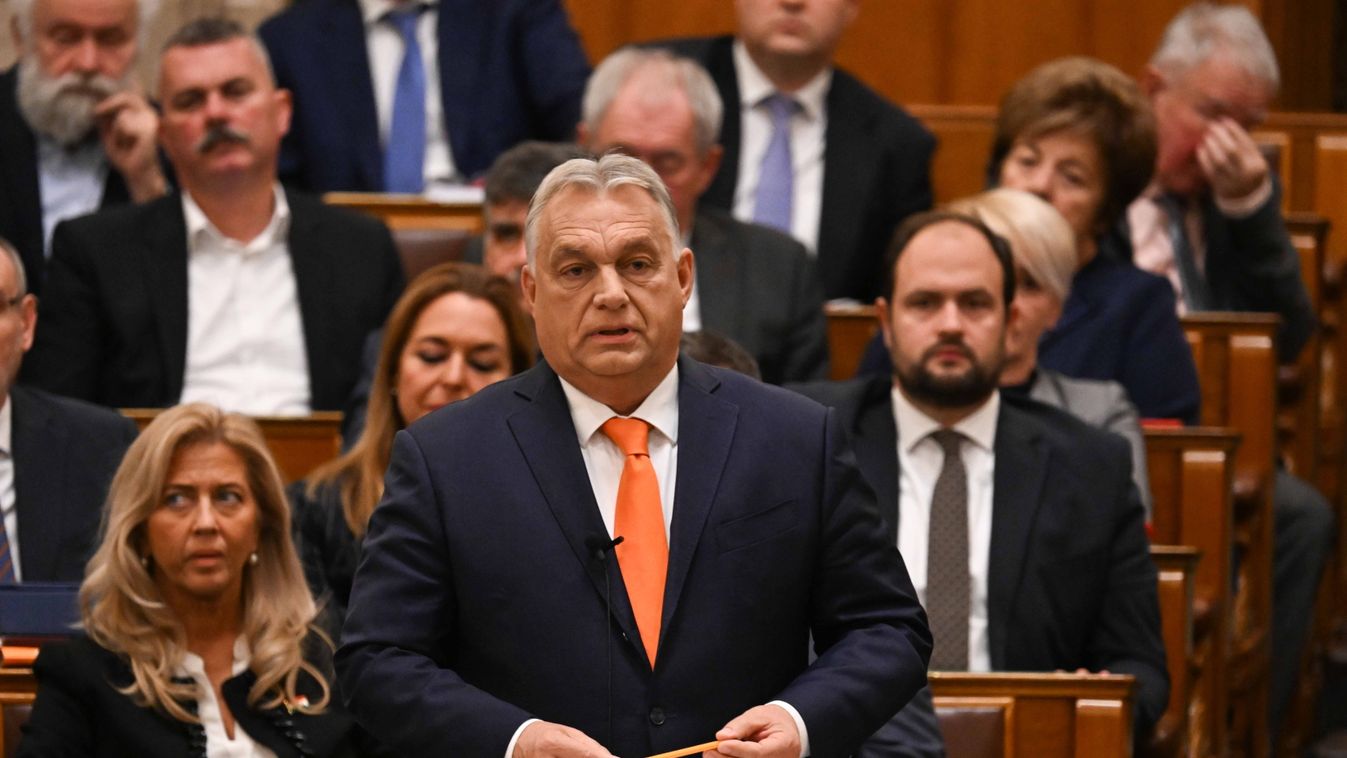





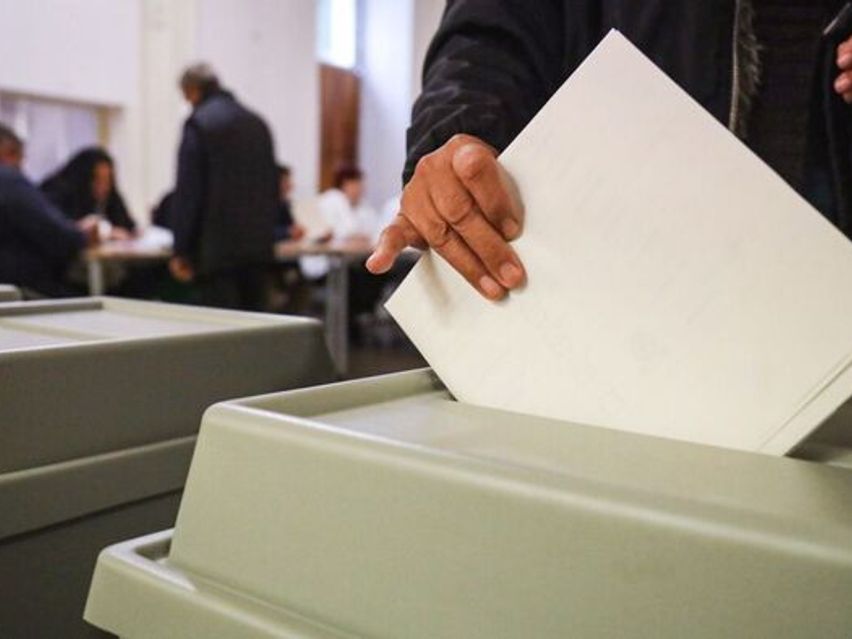


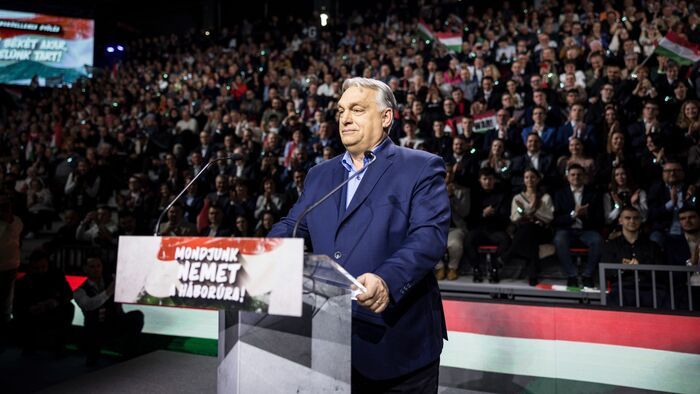




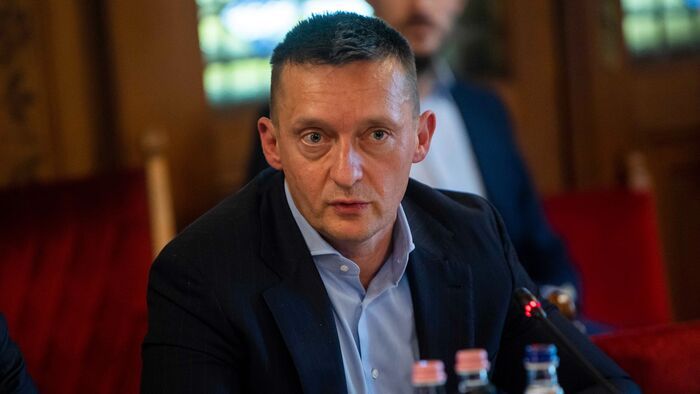
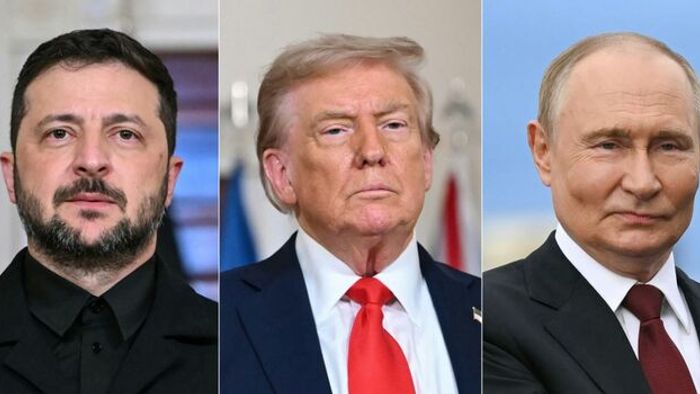
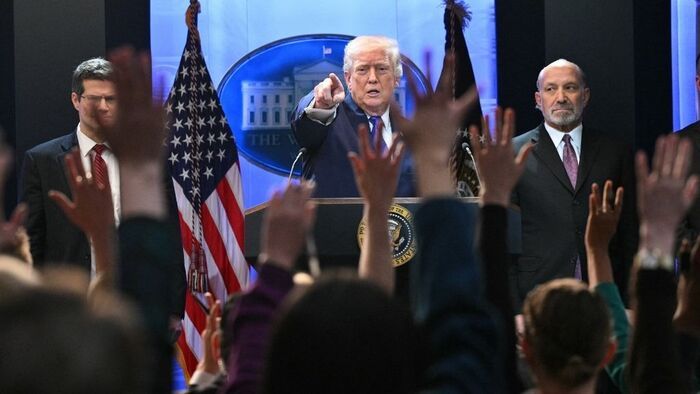
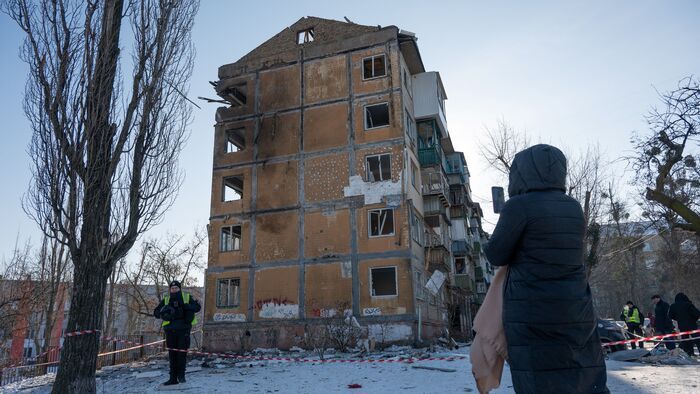





Szóljon hozzá!
Jelenleg csak a hozzászólások egy kis részét látja. Hozzászóláshoz és a további kommentek megtekintéséhez lépjen be, vagy regisztráljon!